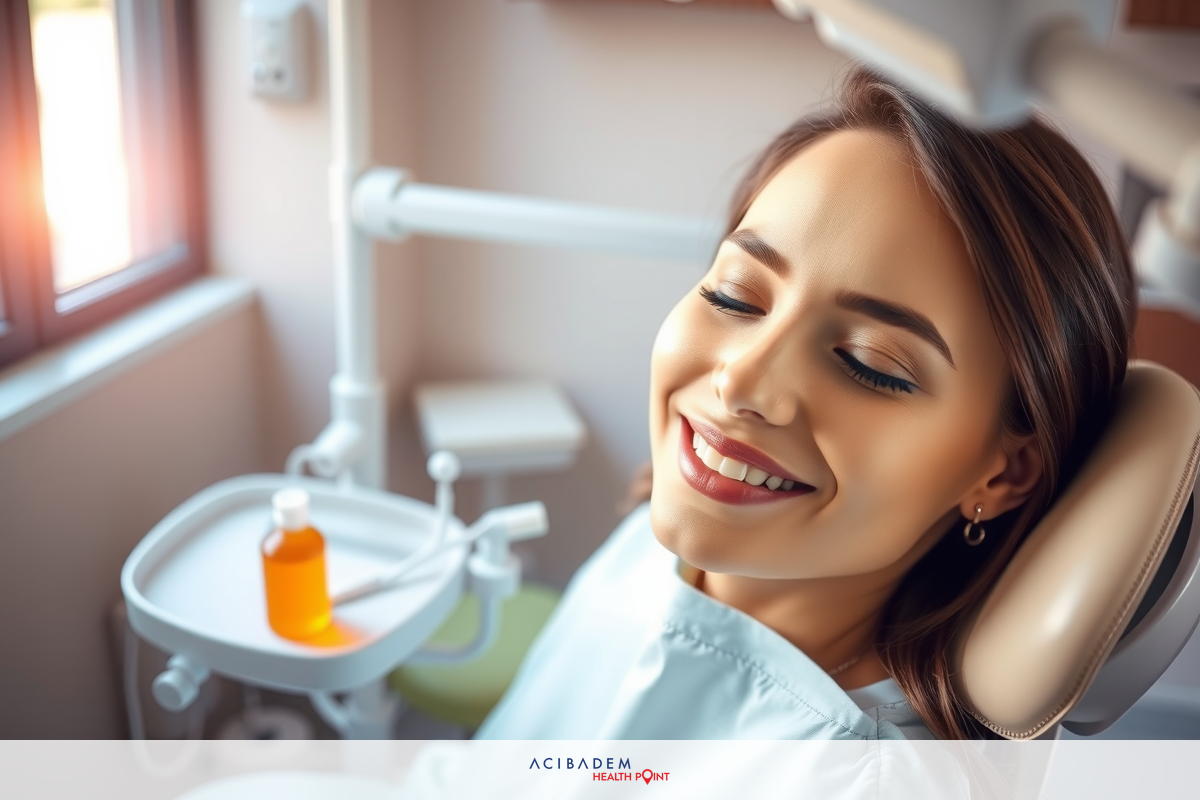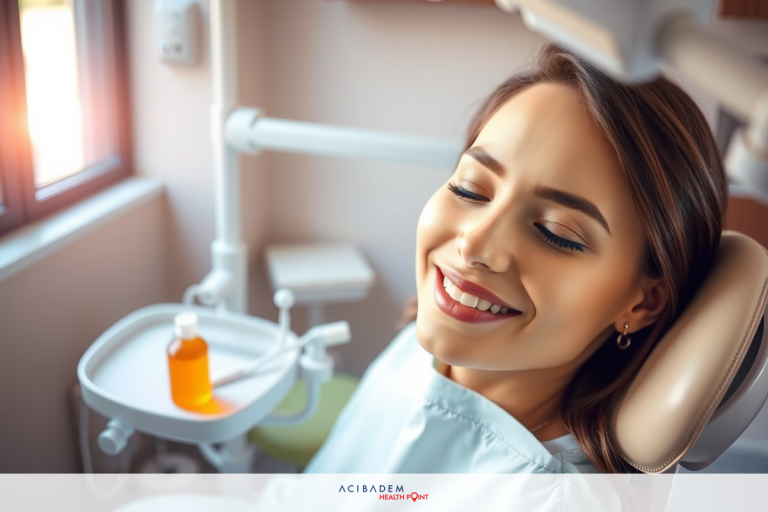How to Brush Your Teeth After Rhinoplasty
How to Brush Your Teeth After Rhinoplasty Rhinoplasty, a transformative operation that alters the shape of the nose, demands diligent post-operative care. Good oral hygiene stands as an essential part of this regimen. It’s not just about keeping your pearly whites clean; it’s about circumventing complications that could disturb healing.
Imagine waking up from rhinoplasty surgery and feeling disoriented due to anesthesia effects—navigating through brushing might seem like a daunting task! Sensitivity can linger around your upper teeth and gums because they share nerves with the nasal region. Fear not! With careful guidance, you’ll master safe techniques to maintain your dental health without compromising your delicate recovery journey.
Each individual’s experience with post-rhinoplasty care may vary based on their personal circumstances and overall health condition. Always consult with healthcare professionals before making any adjustments to prescribed routines or when encountering unfamiliar experiences during recovery.
Why is Oral Hygiene Important After Rhinoplasty?
Adopting robust oral hygiene practices following rhinoplasty surgery enhances the healing process and reduces risks associated with infection. The mouth, teeming with a plethora of microorganisms, can inadvertently serve as an infection source if not adequately kept clean during the post-operative period. Brushing your teeth regularly ensures that harmful bacteria are kept at bay.
Rhinoplasty recovery involves navigating through some discomfort due to swelling and sensitivity in the nasal area. Such conditions might make routine dental care seem more demanding than usual. However, maintaining cleanliness around this region becomes vital since it shares nerves with upper gums and teeth. Keeping these areas free from bacterial buildup prevents potential complications such as sinusitis or other infections that could prolong your recovery phase.
Finally, good oral hygiene after rhinoplasty aids overall health too! It promotes gum health and assists in preserving your natural smile while also enhancing confidence during post-surgery care stages when patients often feel vulnerable about their appearance changes. Remember that every effort made towards maintaining dental hygiene contributes directly to smoother healing and successful surgical outcomes.
Tips for Brushing Your Teeth After Rhinoplasty
Brushing teeth post-rhinoplasty may seem like a challenge at first. The discomfort associated with the surgery, coupled with the anxiety of disturbing the operated area, could make oral hygiene tasks daunting. However, it’s crucial to remember that prioritizing dental care during this time plays an integral role in your overall recovery journey.
Here are some insightful tips and techniques to aid you in brushing your teeth safely and effectively after

undergoing rhinoplasty:
- Use a soft-bristled toothbrush: This ensures gentleness on sensitive gums and teeth while still providing thorough cleaning.
- Apply light pressure: Avoid vigorous brushing as it can cause unnecessary stress on your nose.
- Opt for lukewarm water: Cold or hot water might induce sensitivity due to shared nerves between nasal regions and upper gums.
- Rinse gently: Vigorous rinsing or spitting can exert undue pressure on nasal tissues; therefore, rinse lightly using minimal force.
- Stick with mild toothpaste: Some strong-flavored toothpastes might cause stinging sensations around sensitive areas post-surgery.
Incorporating these strategies into your daily routine will not only help maintain good oral hygiene but also complement other aspects of post-surgery care aimed at speeding up recovery following rhinoplasty surgery.
Maintaining Dental Care During Rhinoplasty Recovery
Rhinoplasty recovery is a comprehensive process that necessitates more than just home-based oral hygiene practices. It’s essential to embrace regular dental check-ups as part of your post-surgery care regimen, even if the hassle seems overwhelming amidst the healing journey. Regular professional cleanings can help remove any plaque or tartar build-up that may have been missed during brushing or flossing at home.
Planning visits to your dentist ahead of time, ideally before rhinoplasty surgery, allows you to ensure they are spaced out appropriately without causing undue stress on your nasal tissues. Informing your dentist about your recent surgical procedure is also crucial so they can handle all treatments with utmost caution and consideration for potential sensitivities in the upper gum and teeth region.
In addition to these measures, adopting other beneficial dental habits such as using fluoridated mouthwashes or interdental brushes could further boost oral health during rhinoplasty recovery. Interdental brushes allow cleaning between teeth where a standard toothbrush might not reach effectively while fluoride helps strengthen enamel and prevent cavities. Balancing these various aspects of oral care throughout your post-surgery period will undoubtedly contribute towards a smoother and safer recovery after rhinoplasty.
Frequently Asked Questions
How soon after rhinoplasty surgery can I brush my teeth?
It's recommended to resume brushing your teeth as soon as possible following the procedure. However, you should use gentle movements and a soft-bristled toothbrush to avoid putting pressure on the nasal area.
Are there specific oral care products recommended for post-rhinoplasty dental care?
Yes, using softer toothbrushes and mild-flavored toothpaste is advised during this period. Additionally, fluoridated mouthwashes or interdental brushes could be beneficial in maintaining optimal oral hygiene.
Should I continue with regular dental check-ups during rhinoplasty recovery?
Absolutely! Regular dental check-ups play a crucial role in overall oral health. Inform your dentist about your recent surgery so they can provide appropriate treatment considering any potential sensitivities.
What if brushing causes discomfort or pain after my rhinoplasty surgery?
If you experience severe discomfort while brushing your teeth post-surgery, consult with both your surgeon and dentist for guidance. They might provide recommendations for alternative cleaning methods or prescribe medication to manage pain effectively.











